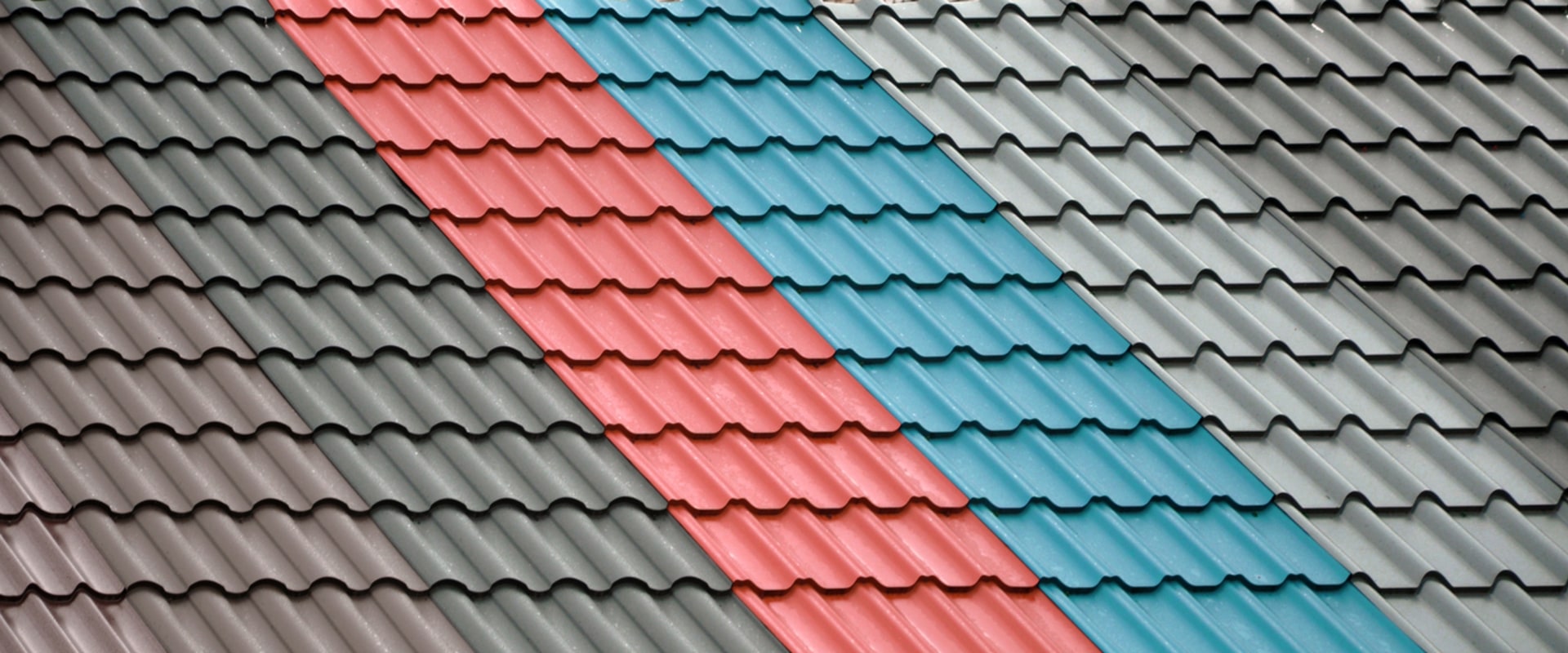Gutters are an essential part of any home, protecting it from water damage and helping to keep the exterior looking great. But how long do gutters last? It depends on the material they are made of. Vinyl gutters have a lifespan of around 10 years, while copper gutters can last up to 100 years. Aluminum gutters, the most commonly used material, last around 25 years.
Spruce, cypress and pine carcasses last an average of 20 to 25 years, while stronger woods such as redwood can last more than 50 years. Seamless gutters offer superior advantages over other types of gutters, such as fewer leaks, greater durability and less maintenance. Aluminum seamless gutters have a life expectancy of 20 years, while downspouts can last up to 30 years. Vinyl is the most cost-effective and easy to install gutter material, but it has the shortest lifespan.
If you notice cracks or leaks in your gutters, or if they overflow or don't flow at all, it's probably time to replace them. Joints in gutters can cause sections to separate and leak, so if you have jointed gutters it's important to keep an eye on them. Falling gutters is another problem that needs to be addressed quickly if you want your gutters to last longer. It's important to keep a detailed record of gutter inspections, maintenance and repair, as this will help you determine when it's time to plan for gutter replacement.
Most roofing experts recommend cleaning gutters at least two to four times a year, depending on how many trees you have in your garden. Fortunately, there are now effective gutter protection systems that can eliminate the need for seasonal cleaning. The lifespan of gutters depends on the material they are made of and how often you clean and maintain them. Keeping a detailed record and carrying out an inspection of the gutters can help you decide when to replace them.
Dropped gutters: If the fasteners don't sag under the additional weight load, some sections of the gutters may.



